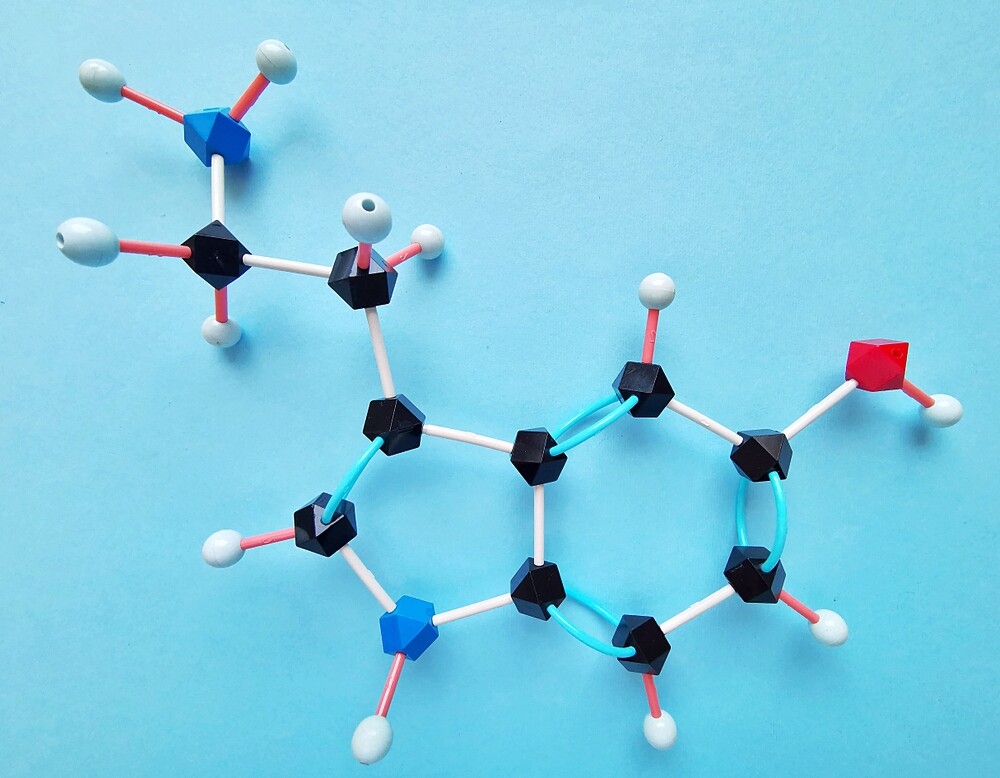Serotonin is better known as the happiness hormone and plays an important role in our mood. How you can influence the hormone, you can find out here.
How the hormone works
- Serotonin is a hormone and at the same time a messenger substance (neurotransmitter) that acts between the nerve cells in the brain. Since the extent and regulation of nerve stimuli depend on serotonin, an undersupply can lead to bad mood or even to depressive states or depression.
- Therefore, if you experience symptoms of depression or bad mood for several days, it may help to try to increase serotonin levels by choosing certain foods.
Determining serotonin levels
Serotonin levels can be checked by a blood test, but the values do not tell us how much serotonin reaches the brain. The happiness hormone is also produced in the lungs and intestines. The pure serotonin level says nothing about where in the bloodstream the serotonin is located.
Urine tests also do not give more precise information about serotonin levels. You should therefore be aware of potential symptoms that could indicate a serotonin deficiency.
Symptoms of serotonin deficiency
- Stress
- Nervousness
- Fear
- Increased appetite
- Strong sensitivity to pain
- Sleeping problems (constantly tired)
Tryptophan
Serotonin cannot be absorbed directly through your diet, so it also reaches the brain. It is therefore more sensible to rely on the amino acid tryptophan. Tryptophan is a precursor to serotonin and is converted to the happiness hormone in the brain.
Another possibility to increase the serotonin level is to take medication. But in any case you should discuss this with your doctor in advance.
Food
- Fish
- Beef
- Quark
- Hard cheese
- Bitter chocolate
- Nuts and seeds
- Green tea
These nutrients help
- Vitamin D: Vitamin D supports our immune system and is obtained from sunlight. Especially in winter many people suffer from a depressive mood or even depression – hardly any contact with sunlight is a cause.
- Vitamin B6: Just like vitamin D, vitamin B6 supports the conversion of the amino acid tryptophane to serotonin. It is important to take up vitamin B6 through food, as the body does not produce enough of it itself. Good foods include fish, poultry or beans and lentils.
- Omega-3 fatty acids: Good omega-3 foods are mainly fish (e.g. salmon or mackerel) and various oils. These fatty acids perform important functions for the functioning of our brain. Studies have shown that people with low serotonin levels often consume too small amounts of omega-3.

